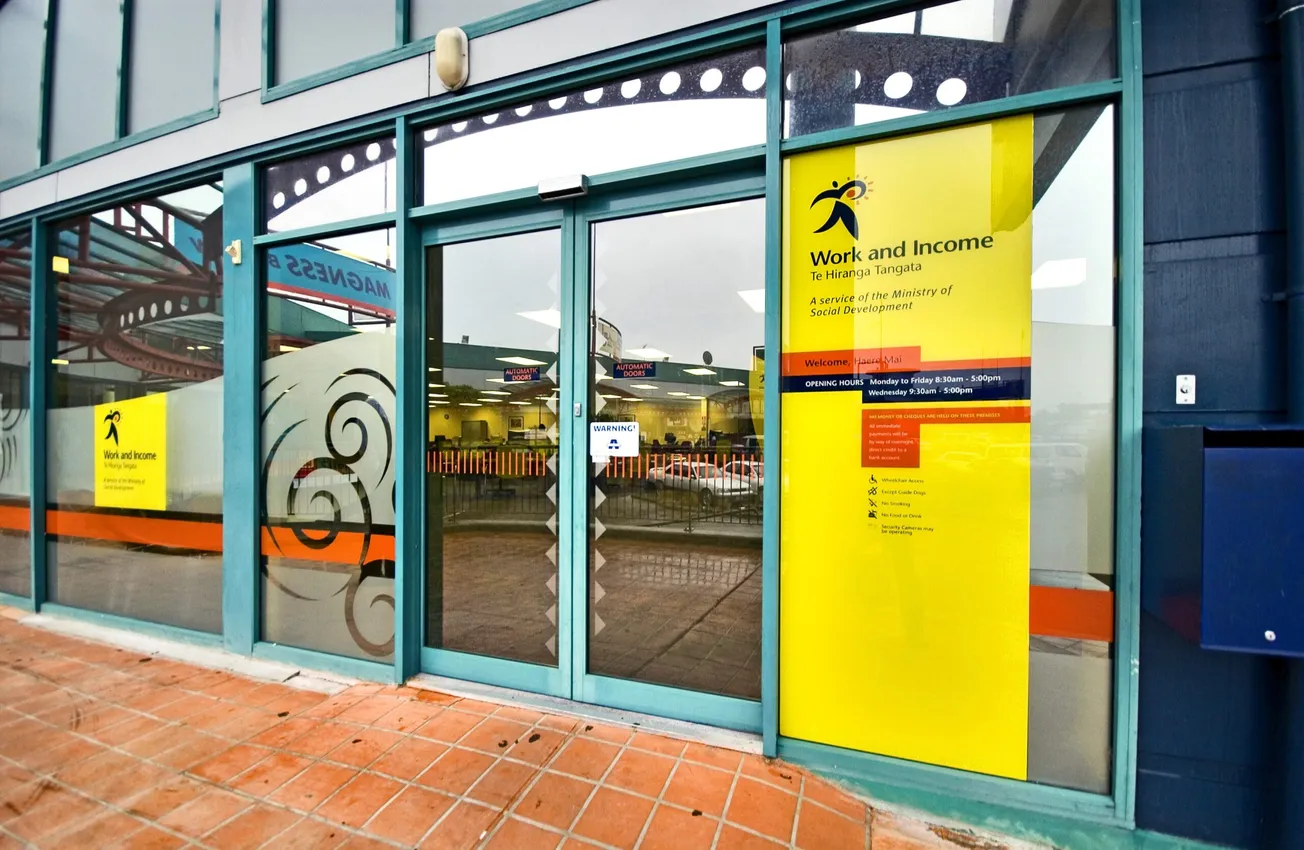Table of Contents
Lindsay Mitchell
Lindsay Mitchell has been researching and commenting on welfare since 2001. Many of her articles have been published in mainstream media and she has appeared on radio,tv and before select committees discussing issues relating to welfare. Lindsay is also an artist who works under commission and exhibits at Wellington, New Zealand, galleries.
Right now, benefit statistics are worse than at the time of last year’s election. There are 380,169 main beneficiaries – a rise of five per cent. The number on a Jobseeker benefit is up 7.5 per cent.
Yes, the unemployment rate is rising but there is much to do in the infrastructure realm. The Nats talk constantly of growing the economy’s engine. That takes manpower. And 4.3 per cent isn’t a high number historically. Former WINZ boss Christine Rankin told Mike Hosking last Tuesday that most of the jobs MSD deals with will be entry-level and in that respect, “wherever you go there is a huge need.”
She described a benefit as “a privilege, not a right” and added “it’s your responsibility to get a job that pays more than a benefit and that is still not a hard thing to do.” For a single person without dependents she is right. But if the beneficiary has children, less so. At April 2023 a sole parent on a benefit with two or more children had a net average weekly income of $1,057. I will return to that.
In their six years in government Labour did two crucial things with welfare. They diverted case managers away from work-brokering to ensuring all beneficiaries’ entitlements are met. The number of clients under active case management dropped dramatically.
Simultaneously benefit incomes were pumped up to reverse the 1990s cuts and out-pace inflation. According to last year’s Benefit Incomes report:
Total incomes, after housing costs, have increased at a faster rate than inflation since 2017. Total incomes are 48 percent higher than at the end of 2017, after adjusting for inflation.
For single beneficiaries, coming off a low base, 48 per cent was far less significant than for families coming off a high base. So when single parents (which the vast majority of benefit-dependent parents are) start to weigh up the costs of childcare, transport, etc the benefit is the better option.
Yes, a moral obligation to support oneself can be argued but as Rankin put it, the last “confused” government actually believed a benefit is a right and not a privilege. Nobody should have to work if they don’t want to.
But it is long-term single parent dependence which drives inter-generational malaise – the most serious social problem the country faces. Inter-generational dependence drives under-achievement, domestic dysfunction, ill-health and crime.
So what is National doing?
The same thing it does every time it returns to power. It gets a bit tougher about oversight of beneficiaries, although waiting six months before requiring Jobseekers to ‘check in’ seems counter-intuitive. Six months on a benefit can do a lot of damage to morale and confidence.
They set some soft targets like having “50,000 fewer people on Jobseeker Support benefits by 2030” but make no mention of sole parents (who are also not required to ‘check-in’).
The last big National welfare reforms (2013) comprised … changing benefit names.
The Sickness Benefit was abolished only to be replaced with the Jobseeker Health Condition/Disability. In the last month that it was known as the Sickness benefit there were 59,127 recipients. Now there are 82,482.
The DPB (always a political problem) was replaced with the innocuous-sounding Sole Parent Support. Recipients would be transferred to Jobseeker when their youngest turned 14 but come on. After 14 or more years on a benefit, the chance of joining the workforce is not great.
And the Invalid Benefit (83,778 in June 2013) became the Supported Living Payment (now 103,089).
The percentage of working-age people dependent on welfare is higher now than then.
There is an inertia about the numbers, which is going to take some radical actions to disrupt them. But National lacks the necessary reforming zeal.
National will persist with the tinkering that deflects attention and mollifies their voters while the country’s historic heavy and unhealthy over-reliance on the welfare system continues.
References:
https://www.beehive.govt.nz/release/job-seekers-report-progress-after-six-months-today
This article was originally published here.









